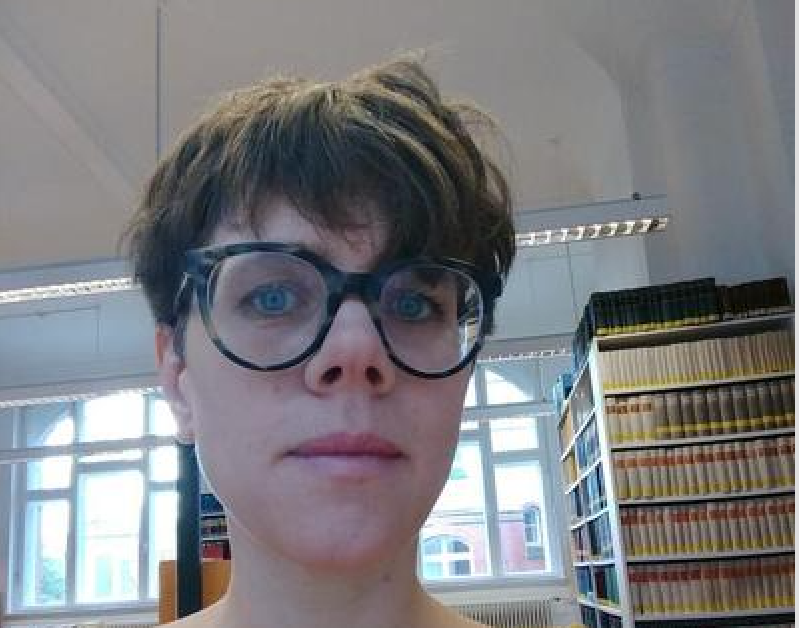We congratulate our colleague Kari Anne Drangsland who has published the article: “Bordering through recalibration: Exploring the temporality of the German ‘Ausbildungsduldung'” in the journal Environment and Planning C: Politics and Space.
You can access the article here and read about Kari Anne and her project here and here.
Abstract:
The past decades of inquiry into the “what, where, and who” of borders have more recently been followed by an interest in borders’ temporal dimensions. In this article, I contribute to this research by analyzing how border temporalities operate on the scale of the lived experiences of rejected asylum seekers in Germany. My point of departure is the so-called Ausbildungsduldung, which since 2016 has permitted the suspension of deportation for rejected asylum seekers who start vocational training. After three years of training glimmers a promised residency permit. I approach the Ausbildungsduldung as a biopolitical technique of bordering and focus on its temporal aspects. Based on ethnographic fieldwork, I investigate how young Afghan asylum seekers negotiate the Ausbildungsduldung and how they can make its promised future their own. I show how the state deploys techniques of “future giving,” suspension, and deportability to produce skilled workers, and argue that the Ausbildungsduldung works as a bordering technique by producing affective attachments to a particular future trajectory, and by elevating certain ways of dealing with suspension and deportability in support of this trajectory. Showing how migrants are compelled to “wait well” while confined to a condition of deportability, the paper highlights how migrants’ experiences and practices of time become central to processes of bordering.
Blog post by Ann Cathrin Corrales-Øverlid

Be First to Comment